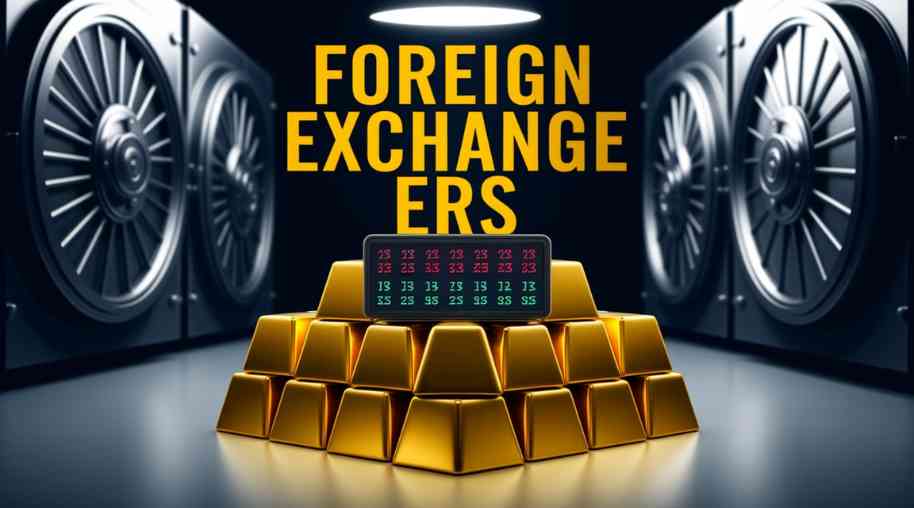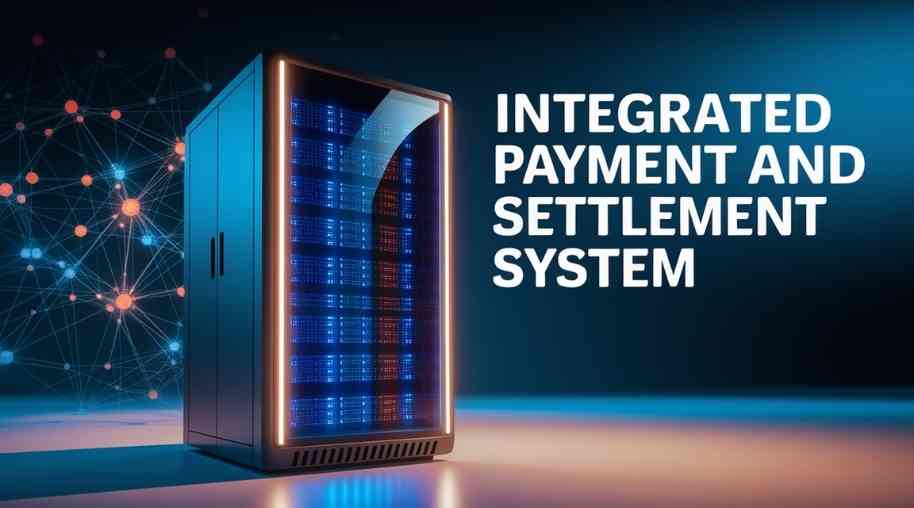SWIFT Full Form-Society for Worldwide Inter bank Financial Telecommunications
by Shashi Gaherwar
0 2116
SWIFT: The Global Financial Messaging Network for Secure Cross-Border Transactions
The Society for Worldwide Interbank Financial Telecommunications (SWIFT) is a globally recognized network that enables secure and standardized financial transactions between banks and financial institutions. Established in 1973, SWIFT provides a reliable, efficient, and secure messaging system for facilitating international payments and financial communications.
With over 11,000 financial institutions across 200+ countries, SWIFT is the backbone of the global banking system, ensuring seamless communication for fund transfers, securities trading, and other financial services.

This article explores SWIFT’s role, operational structure, benefits, challenges, and its impact on international banking.
What is SWIFT?
SWIFT is a global messaging network used by banks and financial institutions to send and receive financial transaction instructions in a secure and standardized format. It does not transfer money itself but facilitates communication for international payments, securities transactions, and treasury operations.
- Standardized Messaging: For financial transactions.
- Secure Communications: Encrypted and authenticated.
- Global Connectivity: Real-time network across 200+ countries.
- SWIFT Codes: Unique identifiers for banks.
- Versatile Services: Supports payments, securities, trade finance, and treasury management.
How Does SWIFT Work?
The SWIFT process involves:
- Initiating a Transaction: The sending bank generates a SWIFT message with payment details.
- Transmitting the Message: The message is securely sent to the receiving bank via the SWIFT network.
- Processing the Payment: The receiving bank validates and executes the transaction.
Each bank uses a unique SWIFT code (Bank Identifier Code - BIC) to authenticate transactions. For example, a U.S. customer sending money to Germany triggers a SWIFT message instructing the transfer.
SWIFT Codes: Unique Identifiers for Banks
Each SWIFT-registered institution has a unique SWIFT code (BIC) with 8-11 characters:
- First 4 Characters: Bank Code.
- Next 2 Characters: Country Code.
- Next 2 Characters: Location Code.
- Last 3 Characters (Optional): Branch Code.
For example, HDFCINBBXXX is the SWIFT code for HDFC Bank, India.
Benefits of SWIFT
SWIFT offers significant advantages for global finance:
- Global Connectivity: Connects over 11,000 institutions across 200+ countries with a standardized messaging system.
- High Security: Uses encryption and authentication to ensure confidential and tamper-proof transactions.
- Efficiency: Reduces processing time for cross-border payments with real-time tracking.
- Versatile Services: Supports trade finance, securities, treasury, and risk management.
- Regulatory Compliance: Adheres to global AML and transparency standards.
Challenges and Criticism of SWIFT
SWIFT faces several challenges:
- High Transaction Costs: Includes processing, intermediary, and foreign exchange fees.
- Processing Delays: Transactions may take 1-3 days due to intermediary banks.
- Cyber Threats: Targeted by cyberattacks, requiring robust cybersecurity measures.
- Geopolitical Influence: Western governance subjects SWIFT to economic sanctions, prompting alternatives like China’s CIPS.
SWIFT Innovations: The Future of Global Payments
SWIFT is evolving with new technologies:
- SWIFT gpi: Enhances speed, transparency, and real-time tracking of payments.
- Blockchain and CBDCs: Exploring integration for faster cross-border transactions.
- AI and Automation: Improving fraud detection and reducing operational costs.
SWIFT vs. Alternative Payment Systems
Emerging alternatives challenge SWIFT:
- SWIFT: Secure global financial messaging.
- Ripple (XRP): Blockchain-based real-time payments.
- FedNow (USA): Instant U.S. bank payments.
- CIPS (China): China’s alternative for global payments.
- SEPA (Europe): Instant euro payments in the EU.
SWIFT is the foundation of international financial communication, ensuring secure, standardized, and efficient transactions globally. Its role in banking, trade finance, securities trading, and regulatory compliance makes it indispensable. Despite challenges like high costs and geopolitical risks, SWIFT continues to innovate with digital payments, blockchain, and AI-driven automation. As global finance shifts towards instant and decentralized payments, SWIFT must adapt to remain a leader in cross-border transactions.
Further Learning Resources
If you’re passionate about building a successful blogging website, check out this helpful guide at Coding Tag – How to Start a Successful Blog. It offers practical steps and expert tips to kickstart your blogging journey!
For dedicated UPSC exam preparation, we highly recommend visiting www.iasmania.com. It offers well-structured resources, current affairs, and subject-wise notes tailored specifically for aspirants. Start your journey today!

Share:








Comments
Waiting for your comments